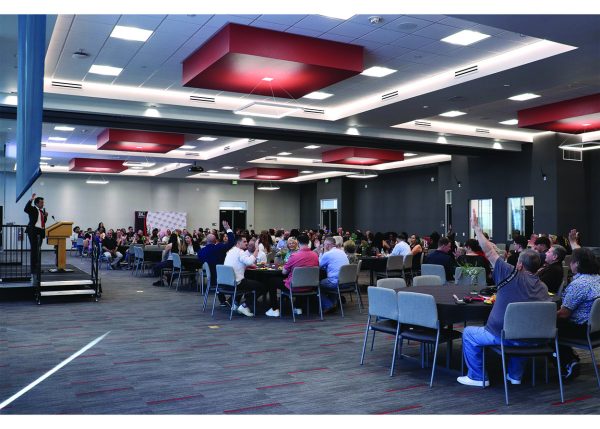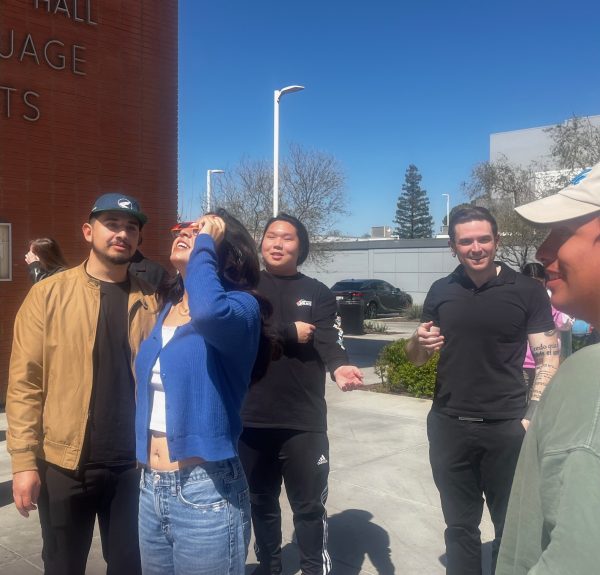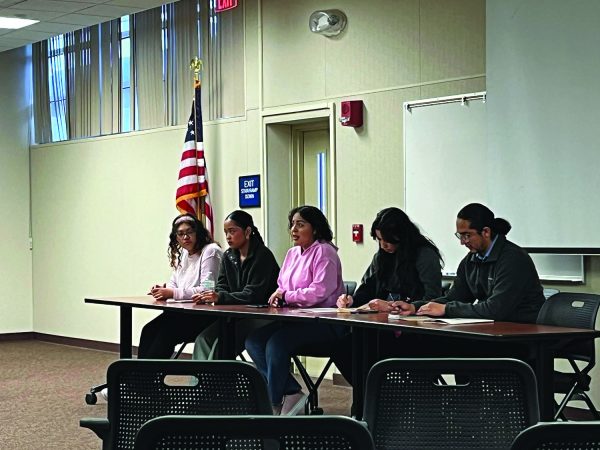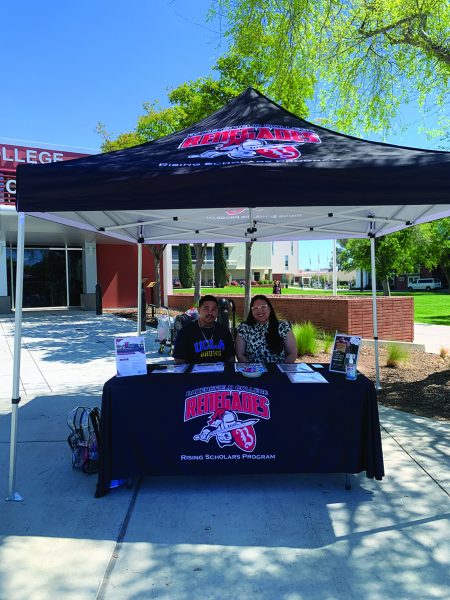Chancellor talks black history and food insecurity during February conference
February 13, 2023
Vice Chancellor Paul Feist and Interim Chancellor Daisy Gonzales with the California Community Colleges Chancellor’s Office hosted the February Student Media Teleconference on Feb. 1 where they discussed Black History Month, food insecurity, and their efforts to create an equitable environment within California’s community colleges.
After being introduced by Feist, Gonzales acknowledged that it was the first day of Black History Month and discussed how the Chancellor’s Office was creating an equitable environment for all students. She highlighted some of the events and resources such as the new organization “Nadi” which is ‘specifically for African American women and working professionals’ in the California Community College system. Gonzales also noted how important it is to have that diverse faculty of working professionals saying,”You cannot become what you do not know.”
She then bridged the conversation to the release of the new California Community College Equal Employment Opportunity Handbook, which is a resource for colleges to ensure equal employment hiring practices as well as how to include student voices in these decisions.
She also mentioned that the annual Black Student Success week would be taking place on April 20-28 and would be taking on the theme of the “vision to action, building
systems and structures for black students’ success.”
Faculty, student representatives, local leaders, presidents, vice presidents, and campus leaders and representatives will all be coming together to actualize the plan for that week, said Gonzales.
Moving forward, Gonzales then spoke about food insecurity and lack of “basic needs” regarding California Community College students. In regard to these issues Gonzales says,”We continue to be committed to serving community college students and providing them the resources that they need to not only enroll, but to be successful.”
Some of the ways the California Community College Counselors Office have ensured this is by expanding Calfresh, visiting colleges’ food pantries, and requiring that all colleges hire a basic needs coordinator.












